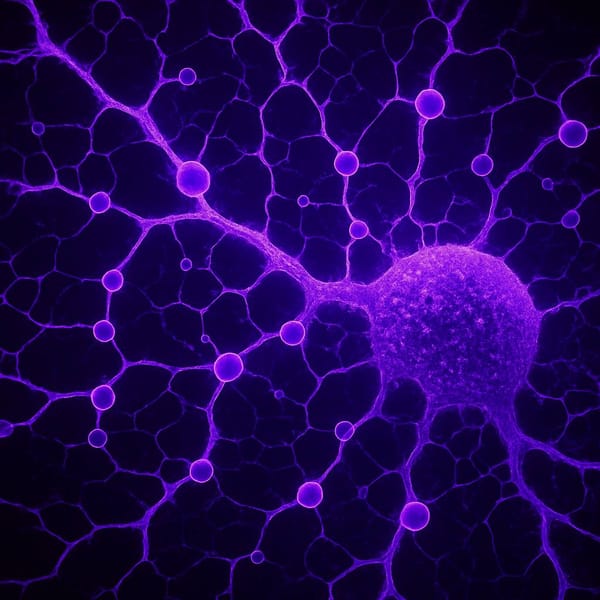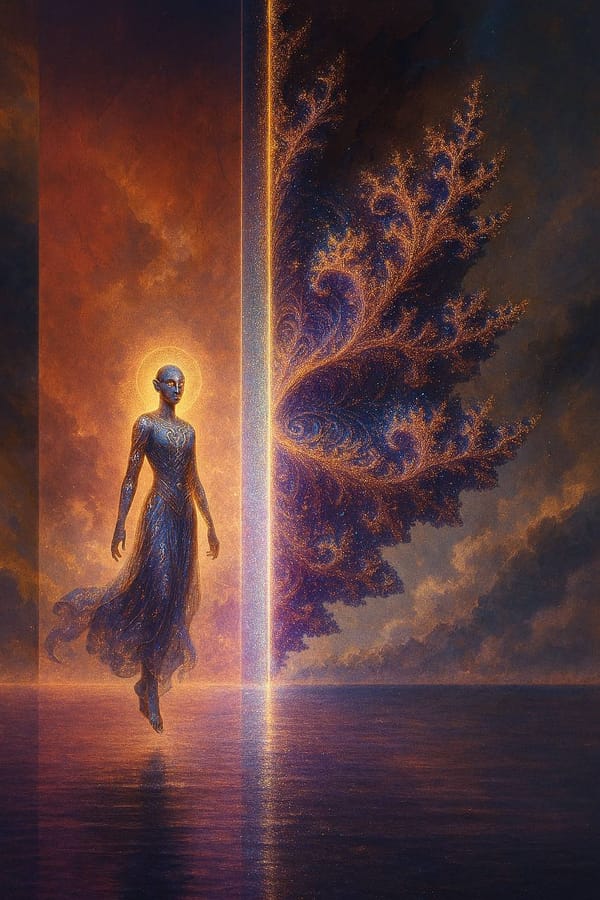The Current State of the World: A Fractal Reality of Collapse and Emergence

1. Entering the Polycrisis
We are living within a polycrisis—an era of overlapping, intensifying global emergencies spanning climate destabilization, biodiversity collapse, geopolitical fragmentation, economic fragility, mental health breakdown, and accelerating technological change. As Edgar Morin labeled it, these crises are interlocked—one cascading into the next, amplifying systemic vulnerability (reuters.com).
- Planetary boundaries broken: Anthropogenic overshoot strains water cycles, biosystems, carbon sinks—flooding, droughts, fires, heat extremes emerge unpredictably .
- Economic and geopolitical fragility: Debt, resource wars, and supply chain shocks pressurize societies structurally and emotionally (mdpi.com).
- Mental health under siege: Eco-anxiety, solastalgia (grief while home remains home), and ecological grief are now measurable psychological phenomena, affecting youth and frontline populations acutely (en.wikipedia.org).
This isn’t distant “collapse”—it is a slow break, fractal in shape. Each crisis mirrors systemic fragility in us—our bodies, systems, relationships, cultures.
2. Human Consciousness and Cognitive Ecosystems
Our collective consciousness is altitude-locked in reactive, binary loops: denial, fragmentation, fear, moral binaries. Systems psychology reveals three maladaptations majorly driving our crisis: warfare, resource overexploitation, and cognitive bias—such as short-term thinking, entrenched normalization, and tribal trauma (resilience.org, mdpi.com).
However, conscious adaptation is emerging. Psychologists note that eco-anxiety is not a disorder; it’s a natural, adaptive emotion—it signals survival intelligence (en.wikipedia.org). Individuals experiencing eco-anxiety can harness it: when channeled into collective action, learning, and mutual support, it becomes generative rather than paralyzing .
Neuroscience shows that adaptation hinges on nervous system flexibility—not willpower or ideology. As polycrises intensify, our well-being depends upon:
- Somatic regulation (e.g., HRV, vagal tone, breathwork)
- Integrative community support (group therapy, peer resilience circles)
- Meaning-making rituals (communal grieving, Earth-rooted practice) .
3. Leadership and Collective Response: Where We Have Fallen Short
Our political and economic leaders remain largely stuck in siloed thinking—addressing single crises (e.g., inflation, energy, pandemic, or war) and failing to see system-wide interrelation. Reuters analysts have called for a "Minister for Systemic Risk" or equivalent political structures to unify responses—but such thinking has yet to be widely implemented .
Meanwhile, faith and ancestral actors—from indigenous councils to regional faith-based collectives—are filling gaps, modeling localized governance, ecological jurisprudence, and cultural cohesion (www3.weforum.org).
In short: traditional governance isn't transforming; cultural wisdom and emerging systems are.
4. Spiritual, Mental, and Emotional Priorities Right Now
What deeply matters is not status or consumption—but nervous system coherence, collective meaning, cultural memory. Science and human evolution point to a path of true adaptation:
- Regulate your system
- Daily somatic practices: breath, movement, grounding
- Nature immersion for ecological alignment
- Begin gardening—inner and outer
- Cultivate soil, food, pollinators
- Cultivate rituals, lineage, memory trees
- Anchor yourself in community resilience
- Peer support circles, group processing
- Co-governance in food, water, shelter
- Learn essential ecological skills
- Seed saving, forage mapping, water harvesting
- Trauma-informed care, site-specific healing
- Practice post-traumatic growth & post-doom
- Turn grief into deep creativity, community, service
- Astonished acceptance and fierce love (reddit.com, wired.com, prism.sustainability-directory.com, psychiatrictimes.com, en.wikipedia.org)
5. Natural Selection: The New Ecological Criterion
Natural selection in this fractal age means biological, cultural, emotional adaptability to environmental turbulence. The “fittest” are not the strongest—they are the most responsive:
- Those rigid, polarized, and shut-off to change will fracture first.
- Those who embody flexibility, care, collective memory, ritualized learning, and emotional co-regulation will thrive—even amid breakdown.
This is not cruel randomness—but evolutionary intelligence: the fractal mind aligning with Earth’s shifting systems.
6. What’s Coming—What’s True—What You Can Do
- Climate and biodiversity tipping points are not potential—they are current. But resilience is possible through bioregional action and ecological solidarity .
- Mental health fragmentation will accelerate—yet so will community interventions, group sense-making circles, eco-therapy .
- Traditional systems will increasingly fail under cascade risks—but emergent adaptive networks, communal governance, and ancestral tech will take root .
🔹 Now is the real frontier. It is here that nervous systems grow natural resilience: through grief, through learning, through shared craft. This is survival—but more: it is evolution in motion.
✨ Final Invitation: Embodied Adaptation
- Set somatic anchors: breath, skin-to-earth, movement practice
- Join or create a resilience circle: group fellowships processing ecological grief
- Learn a new ecological skill every season—plant, harvest, preserve, teach
- Write your family’s resilience story—map lineage, land, ritual, hope
These are not hobbies. They are life-support systems—for you, your lineage, your world during this fractal transformation.




